Enhancing Coffee Quality and Farmer Income with PICS Technology in Caldas, Colombia
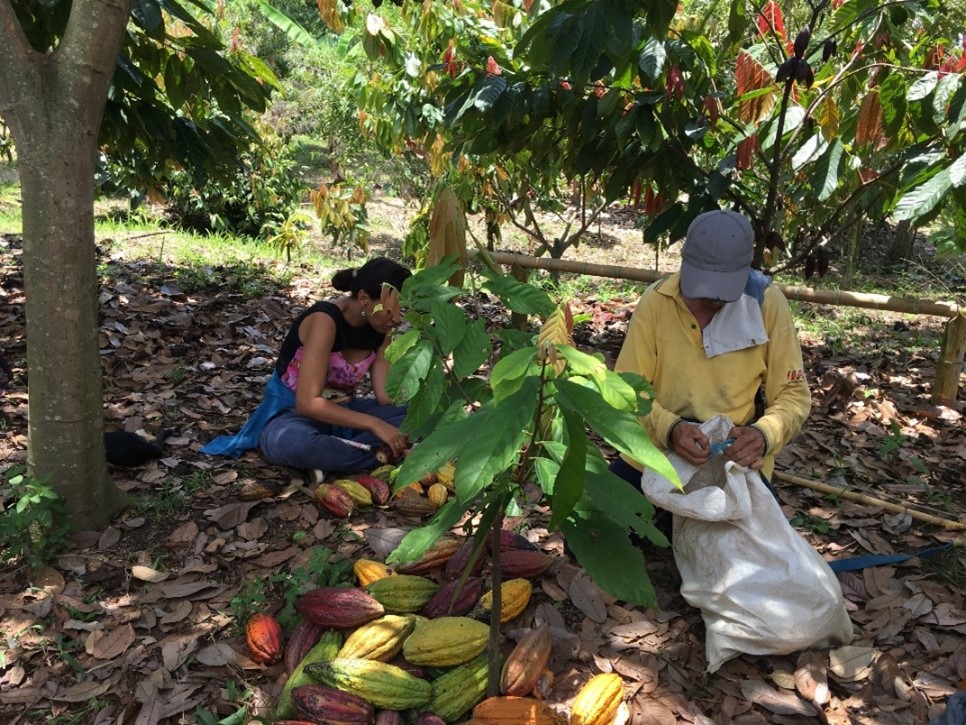
A member of ASOCACAO producer association in Risaralda, Colombia collecting cacao pods on his farm. Source: Ken Foster
By: Ken Foster, Professor, Department of Agricultural Economics, College of Agriculture
In the highlands of Colombia, where arabica coffee thrives, a study has unveiled the potential of PICS (Purdue Improved Crop Storage) bags to revolutionize coffee preservation practices. This research, conducted at the Universidad de Caldas in Manizales, offers promising solutions for smallholder farmers seeking to maintain coffee quality and maximize their income.

Source: Ken Foster
The Coffee Storage Challenge
Coffee, a crucial cash crop for many tropical regions, faces unique storage challenges. As a seasonal crop, coffee prices fluctuate with harvest cycles, often leaving farmers at the mercy of market dynamics. Traditional storage methods, while common, often fall short in preserving the delicate qualities that make Colombian coffee world-renowned.
Water activity (the amount of chemically free water) is highly correlated with moisture content and thus indicates potential for spoilage during storage, and also aids in important browning reactions during roasting that give coffee its unique aromas and flavors. Too high and spoilage occurs but too low and aroma and flavor are adversely impacted.
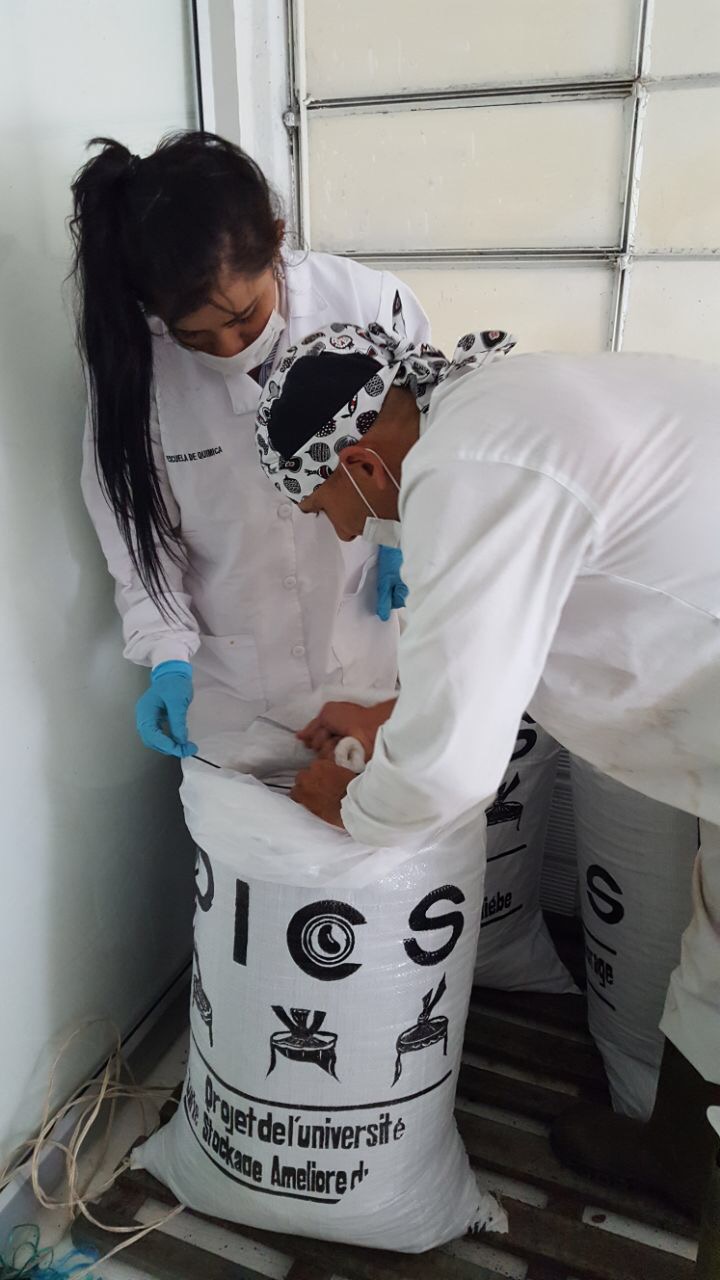
Source: Ken Foster
PICS Technology: A Game-Changer for Coffee Storage
The study, led by a team of researchers from Purdue University and Universidad de Caldas, Manizales, Colombia, has been published in the Journal of Stored Products Research. This study compared the performance of original PICS bags (two liners in one woven bag), modified PICS bags (a single liner in one woven bag), and traditional jute bags over a six-month period.
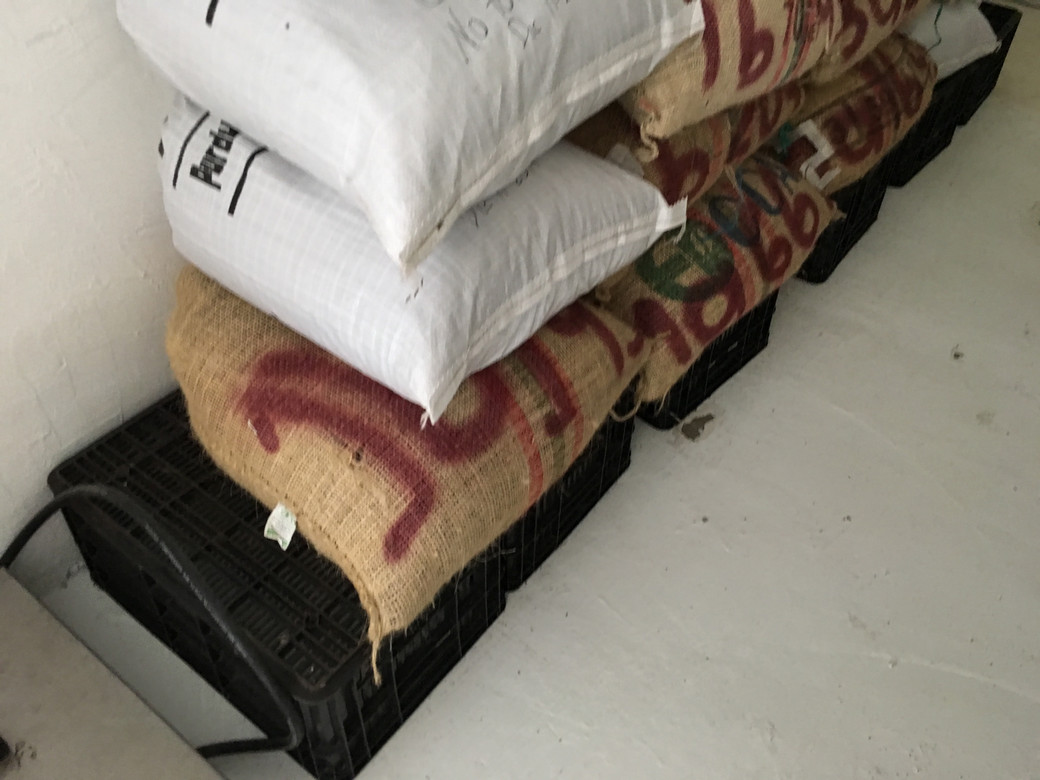
Source: Ken Foster
Key findings include:
- Both the original and modified PICS bags excelled in maintaining the moisture content and water activity of green coffee beans. These factors are crucial for preserving coffee's sensory qualities and preventing spoilage.
- Coffee stored in PICS bags maintained its sensory attributes, including sweetness and cleanness, for up to six months. This preservation of quality is vital for farmers aiming to access premium markets.
- Coffee stored in PICS bags consistently received higher price premiums compared to traditional storage methods. The economic analysis revealed positive net returns from using PICS technology, with the modified PICS bags showing particular promise due to lower manufacturing costs.
- While quality was best preserved for six months, the study suggests that PICS technology could allow farmers to store coffee for extended periods, enabling them to capitalize on seasonal price fluctuations.
- The success of modified PICS bags, which use fewer materials, points to a more sustainable storage solution with a reduced environmental footprint.
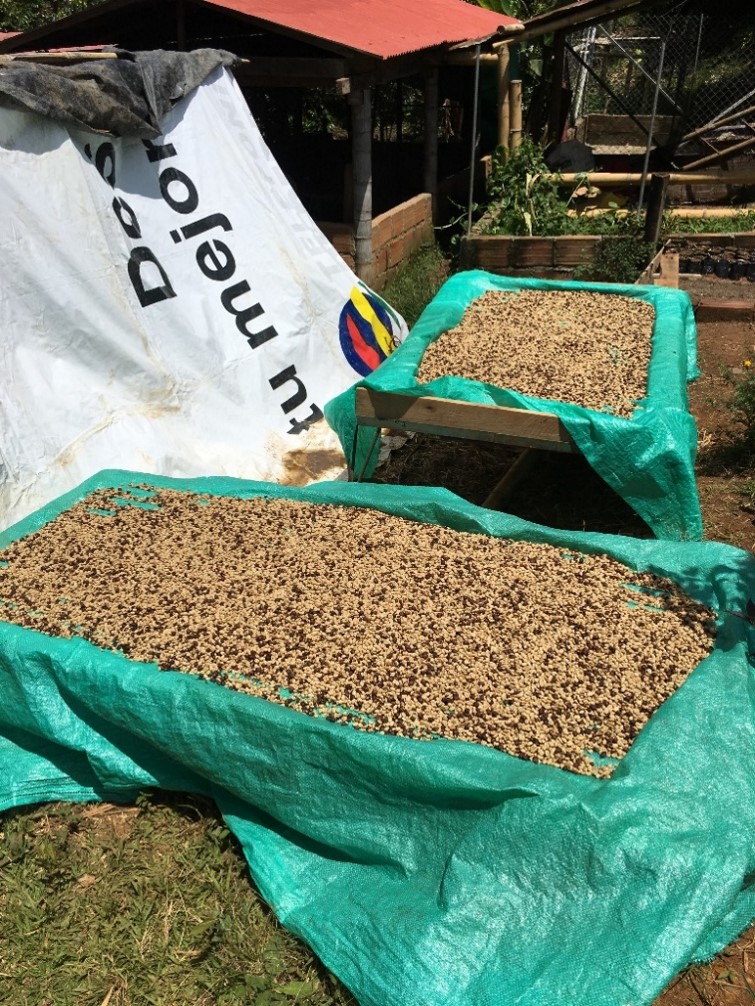
Coffee being passively dried in Caldas, Colombia. Open air drying of coffee and fermented cocoa beans is common on small farms in Colombia. Source: Ken Foster
Implications for Farmers and Cooperatives
The adoption of PICS technology for coffee storage offers multiple benefits:
- By maintaining coffee quality over time, farmers may be able to access better markets and negotiate higher prices.
- Extended storage capabilities allow farmers to sell when prices are most favorable, rather than immediately after harvest.
- Cooperatives can use PICS bags to maintain the quality of their coffee stocks, ensuring consistent supply to buyers.
- The use of PICS bags aligns with growing consumer demand for sustainably produced coffee.
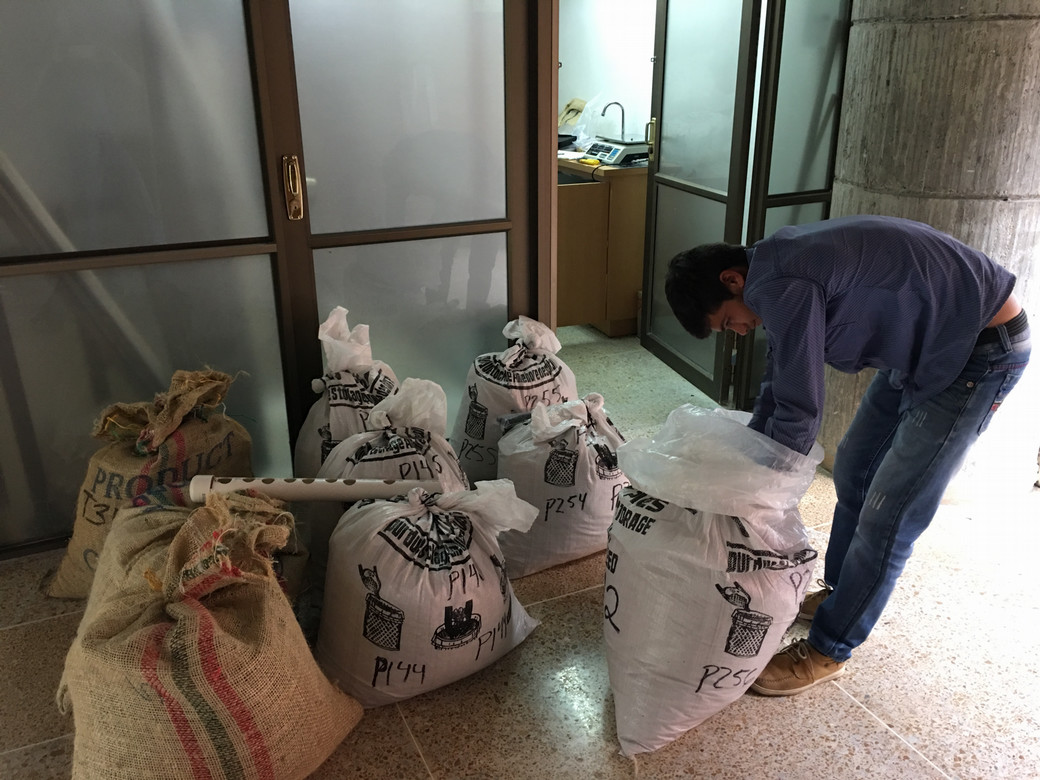
Source: Ken Foster
Looking Ahead
As the coffee industry continues to evolve, with increasing emphasis on quality and sustainability, PICS technology stands out as a valuable tool for smallholder farmers. By addressing crucial storage challenges, they not only preserve the renowned quality of Colombian coffee but also empower farmers to take greater control of their product and their income.
The success of PICS bags in coffee storage also has broader implications. In Colombia's post-conflict era, where there's a push to transition farmers away from illicit crops, technologies that enhance the profitability of legitimate crops like coffee play a crucial role in sustainable development.






